Take a Peek at the Oft-Forgotten Magazine That May Have Inspired 'Minx'
Published March 23 2022, 2:55 p.m. ET
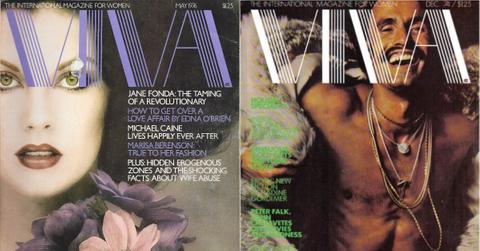
We’re living in an age of edginess, where almost nothing is too taboo but almost anything could succumb to “cancel culture.” But in the 1970s, everything was different. Sex was everywhere but was often associated with male dominance. Times Square was a haven for live sex shows and prostitution, and Playboy reached its highest point of popularity in 1972 with 7.2 million copies sold.
At the heart of this era was second-wave feminism. Women fought to become equal to men not just in law but in society. So with the success of naughty magazines for men, female Penthouse editor Gay Bryant kicked around the idea of a magazine for women with famed editor Bob Guccione. So Bob created Viva Magazine, which is what seems to have inspired HBO Max’s new comedy, Minx.
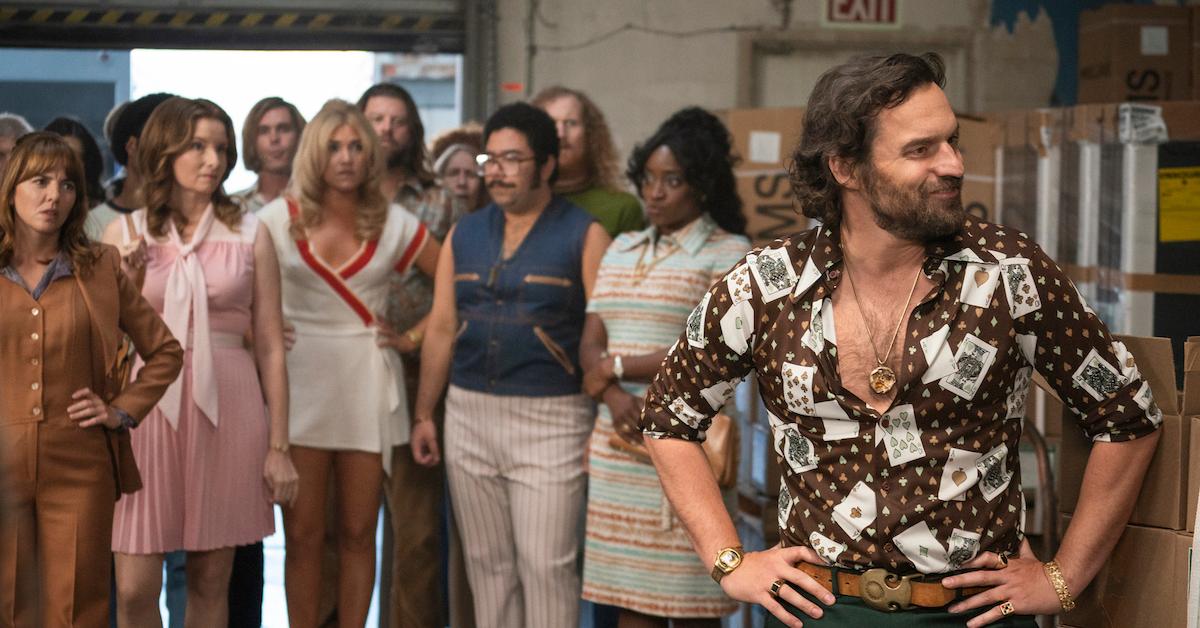
‘Viva Magazine’ may be where ‘Minx’ got its inspiration.
Bob Guccione was one of the many editors to take advantage of the sexual revolution. “Known for his leather pants, unbuttoned shirts, and gold chains, Bob Guccione looked the part of pornographer, even if he didn’t consider himself one,” according to Shondaland’s oral history of Viva Magazine. Very similar to Jake Johnson’s Minx character, Doug, Bob was the photographer and artist who founded Penthouse to rival Playboy.
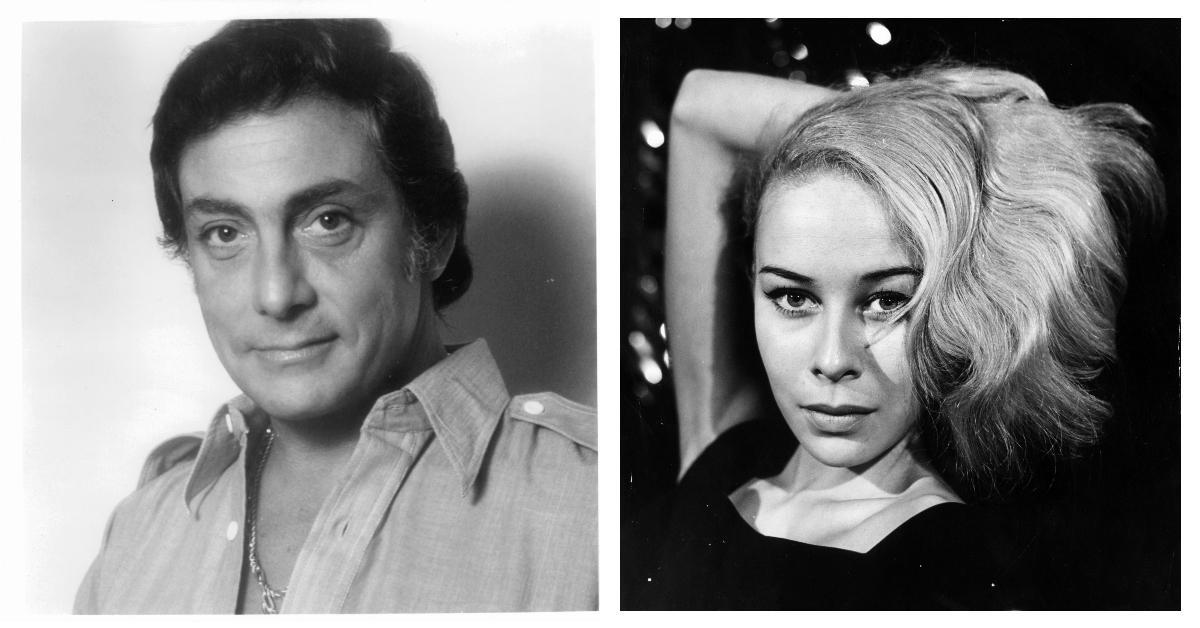
In 1973, Viva, The International Magazine for Women was born under Penthouse’s publishing power. Despite Viva’s wide appeal to gay men, Bob was set on making it into “Penthouse for women” and entrusted the day-to-day operations to his partner in business and life, Kathy Keeton. But according to Leslie Jay-Gould, who worked for Viva, Bob was a “control freak” who needed to sign off on everything.
It provided edgy editorial jobs for women to write for women, but it was all underscored by Bob’s dominance.
“When I got this story by [South African writer, activist, and Nobel Prize winner] Nadine Gordimer, Bob didn't even know who she was and juxtaposed the piece with some pornographic picture,” Viva's one-time executive editor Patricia Bosworth explained. “I was running a magazine about arts and culture with a focus on women and trying very hard not to remember that Bob Guccione, the porn king, was my boss."
Although it didn’t last long, ‘Viva Magazine’ was full of legends.
Legends in the magazine and behind the scenes fill Viva Magazine’s almost-forgotten history. Anna Wintour, the now-iconic Vogue editor-in-chief, was Viva’s fashion editor. Norman Mailer, Joyce Carol Oates, Joan Baez, Gore Vidal, and more wrote for Viva. Even Shelley Duvall and Rene Russo were cover models. There were pieces about the right women had to say “no” and thinking deeply about one’s sexuality.
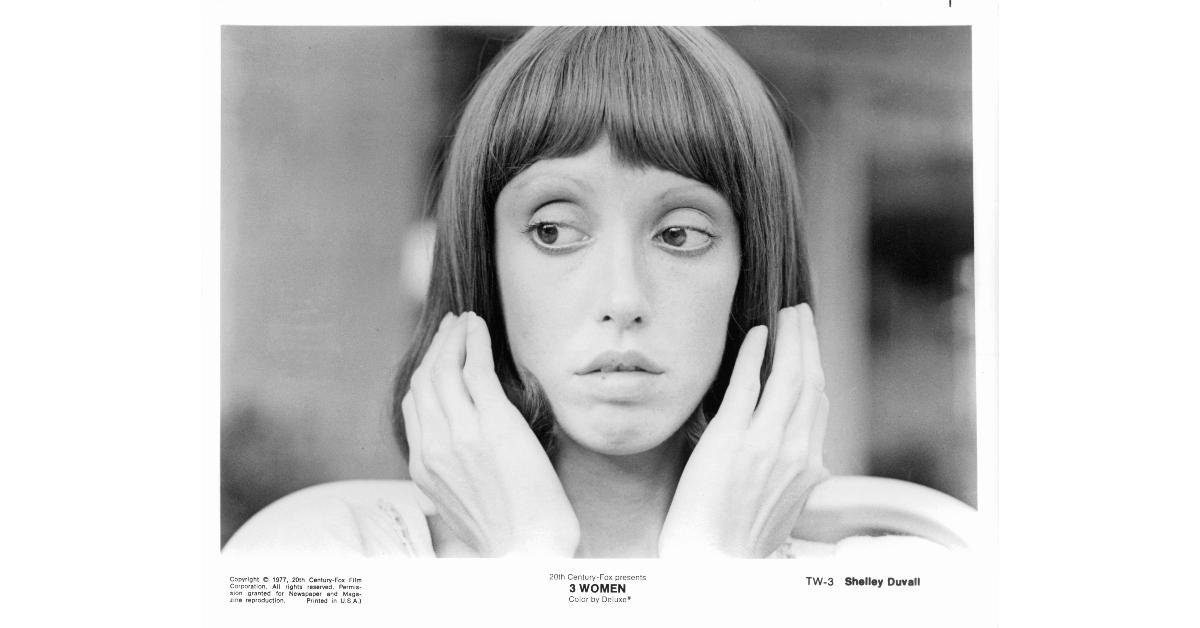
Despite all of this, Viva Magazine had trouble finding its footing. The Shondaland oral history sums up Viva’s identity crisis: “Viva struggled to achieve a sexual identity throughout its publication, in part because its editors could not agree on answers to important questions: What was erotic, and what was pornographic? Should they show [penises] or not? And, more pointedly, what do women want?”
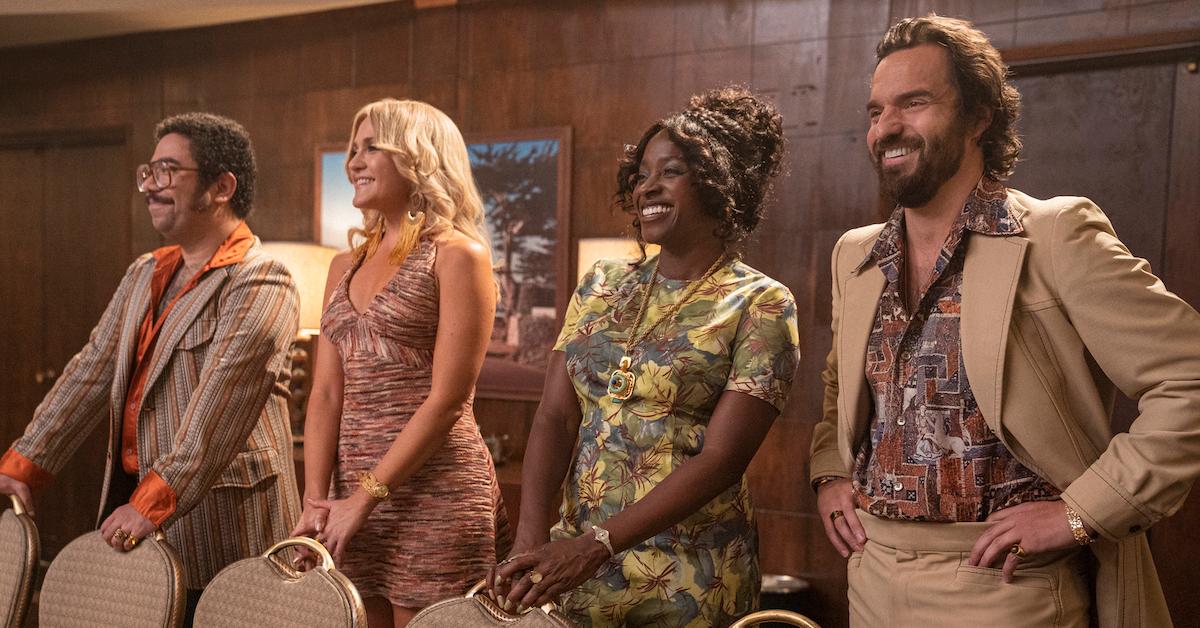
In five years of experimentation, Viva transformed from an erotic magazine for women into a place for hardcore pornography featuring more than what women wanted to see. Hearing its readers, it backed so far away from pornography that it turned into just another conventional women’s magazine. Between its erotic past and its unoriginal future, Viva went under in 1978. Could the same happen in Minx?
New episodes of Minx drop every Thursday on HBO Max.